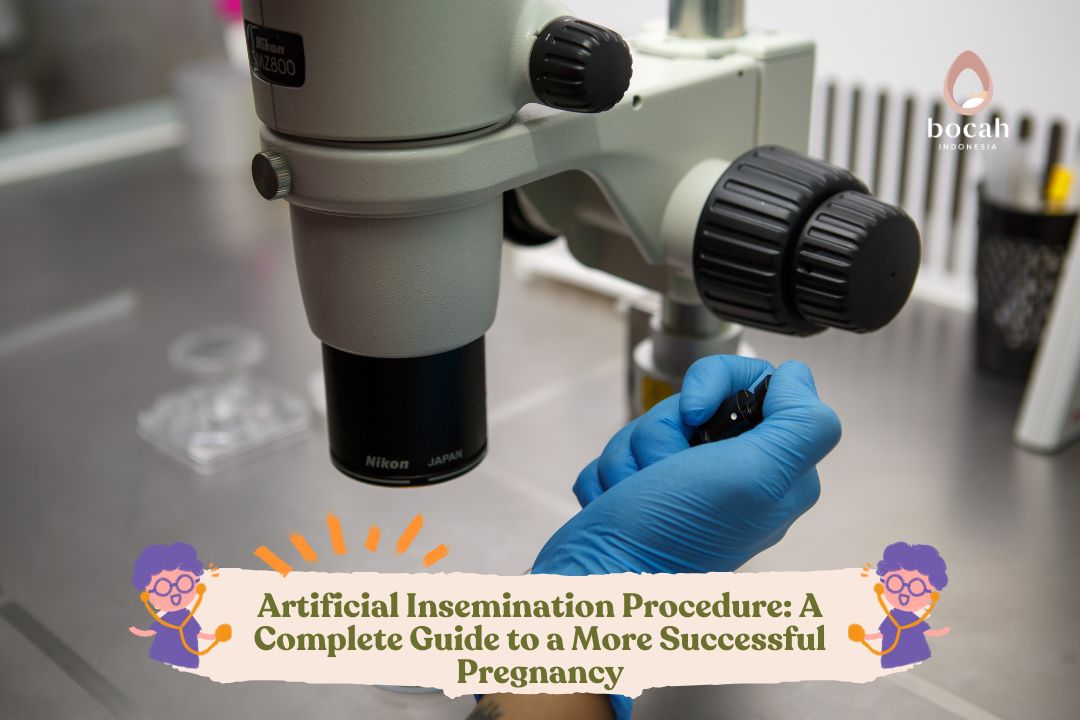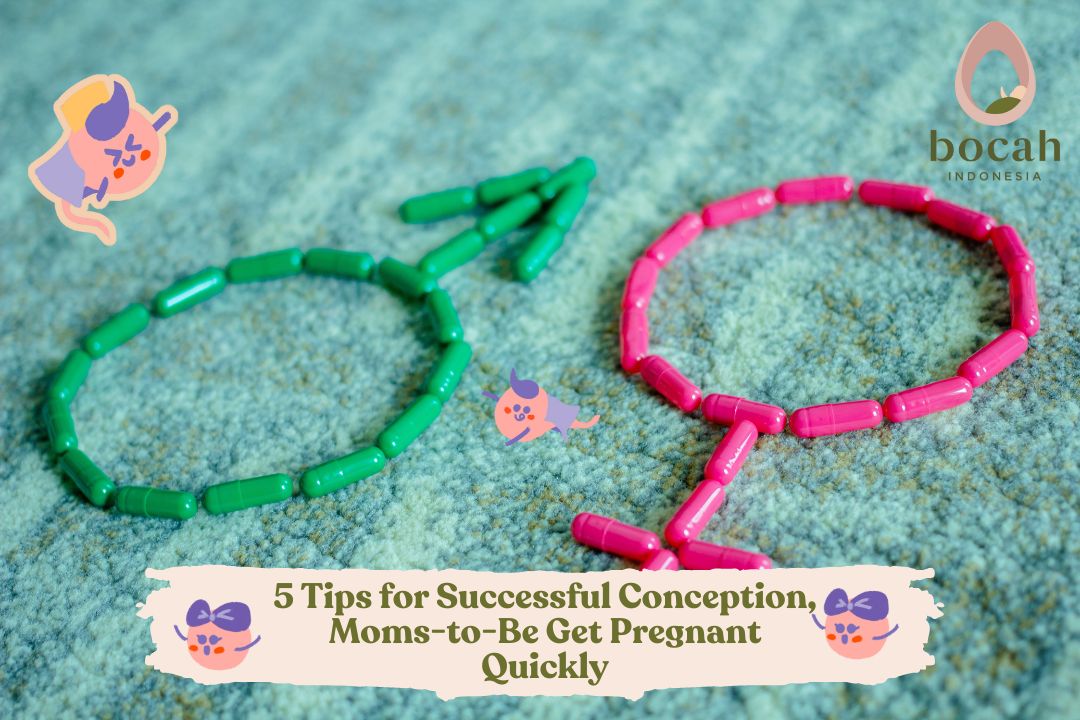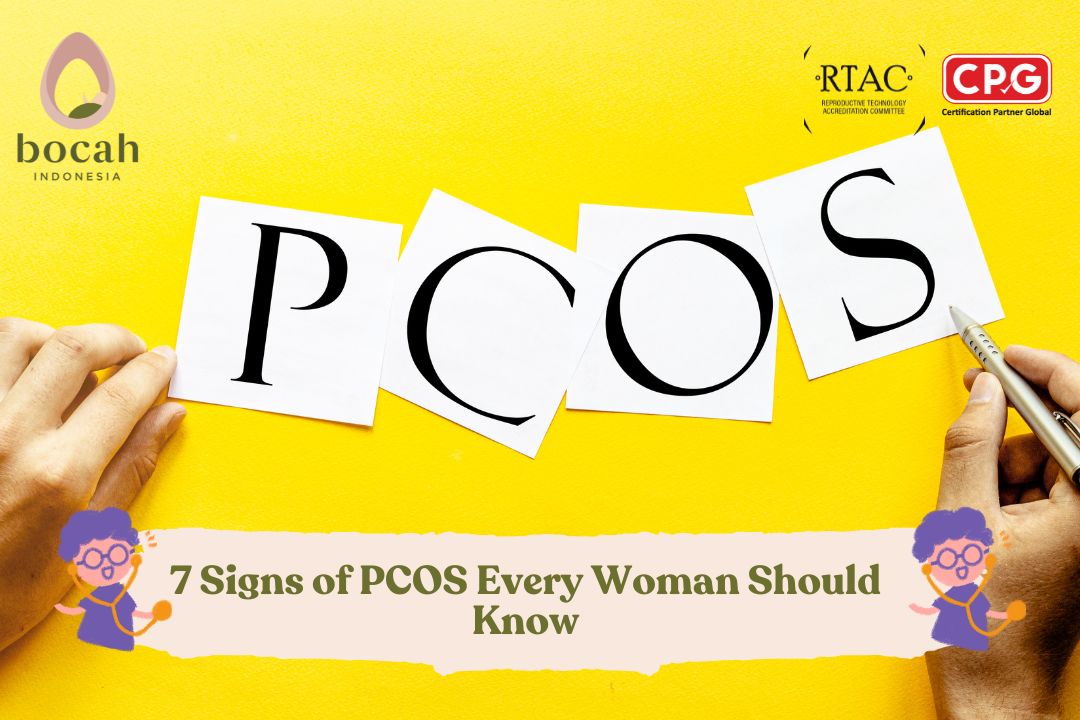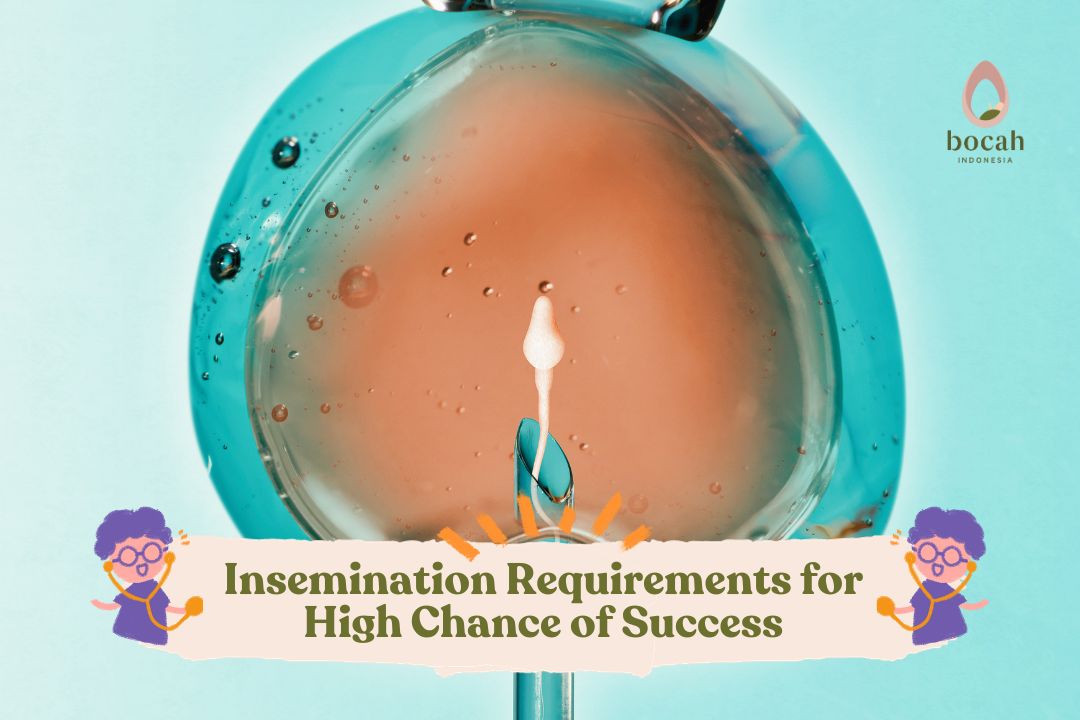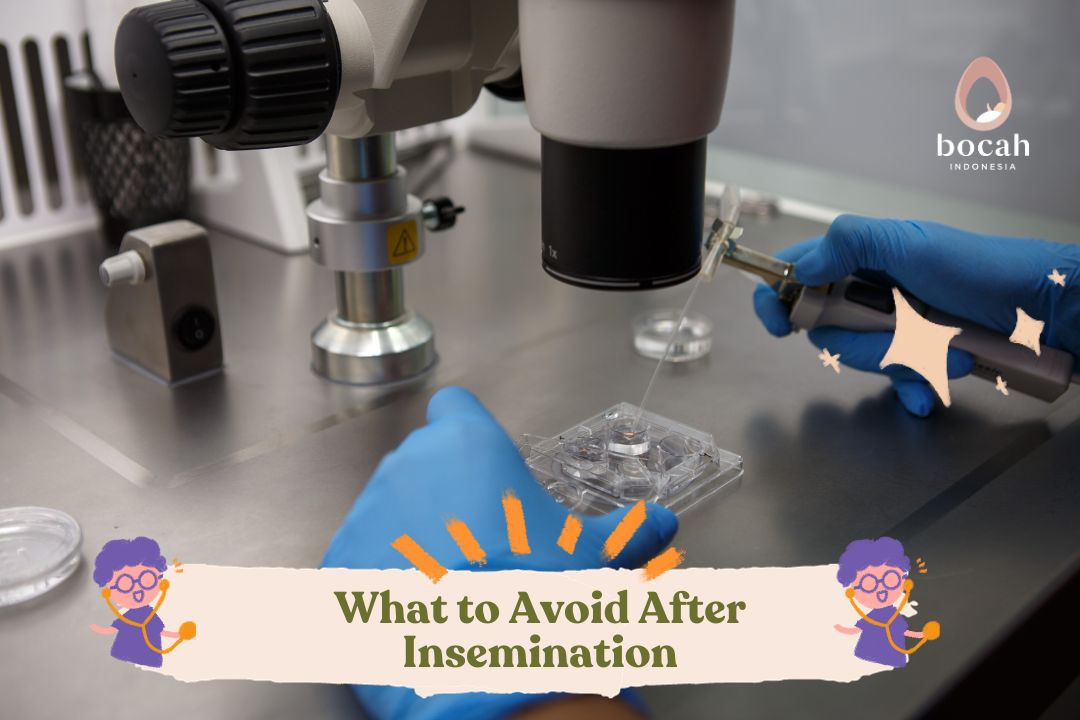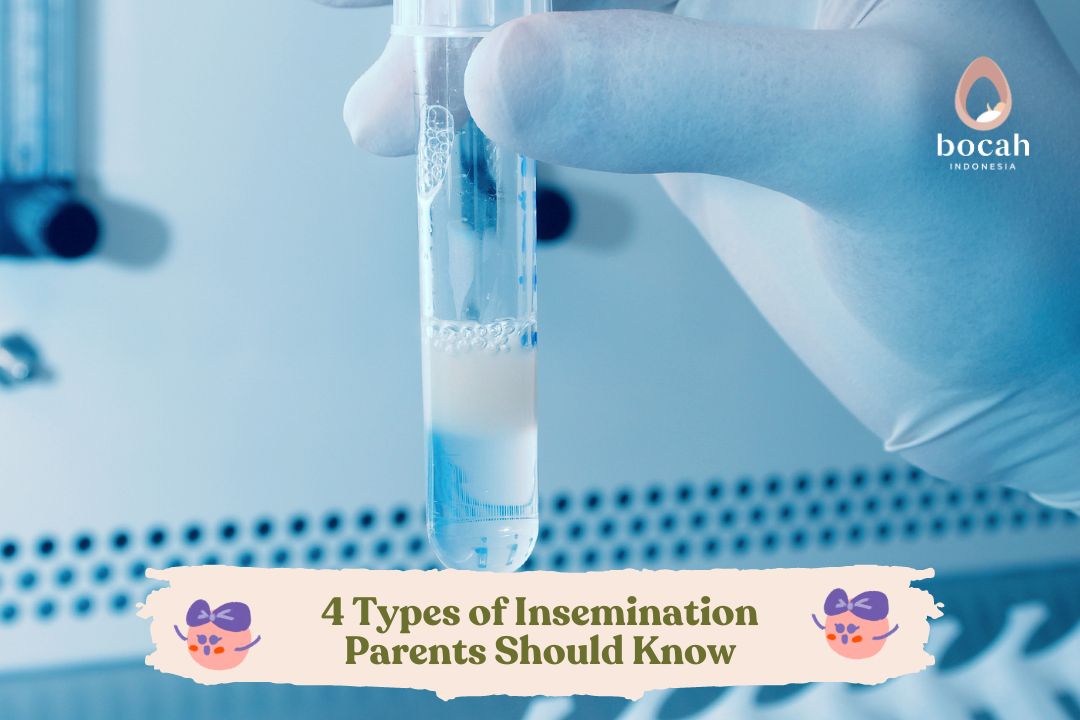Signs of Successful Insemination, Mom Is Definitely Pregnant
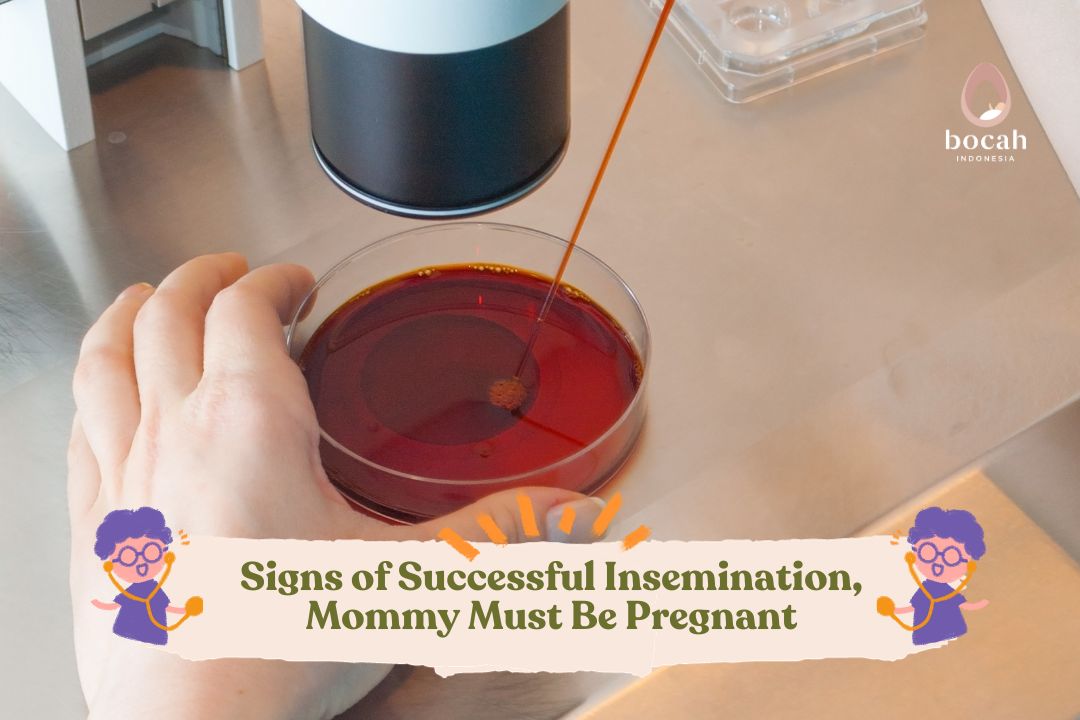
The signs of successful insemination are similar to the signs of pregnancy in general, such as nausea, missed periods, and a positive pregnancy test result.
Insemination is one of the assisted reproductive technology (ART) programs. Usually, insemination is performed for couples who face difficulties in achieving pregnancy naturally. This condition often occurs in couples who experience infertility issues.
According to the World Health Organization (WHO), infertility is a condition in which couples have difficulty achieving pregnancy after a year of unprotected sexual intercourse. Currently, 1 in 6 couples faces infertility problems.
There are several conditions that can lead to infertility in couples.
-
Mothers with ovulation disorders, such as polycystic ovary syndrome (PCOS)
Tanya Mincah tentang Promil?
-
Mothers with mild endometriosis
-
Fathers with fertility disorders, such as erectile dysfunction, ejaculation disorders, or abnormal sperm
-
Fathers and mothers with unexplained infertility
-
Either the father or mother has a specific medical history, such as HIV or hepatitis
Signs of Successful Insemination
Insemination for pregnancy is done by directly increasing sperm into the uterus during ovulation. However, according to Dr. Febriyan Nicolas, Sp.OG., M.Kes., a specialist in obstetrics and gynecology at Bocah Indonesia, the success rate of insemination is around 10-15%.
This procedure is beneficial for couples with reproductive system issues. Similar to a typical pregnancy, promil insemination is characterized by several signs, such as:
-
Implantation bleeding or spotting
This sign is usually experienced when fertilization is successful. It’s a brownish spotting known as implantation bleeding. This condition indicates that the embryo has attached to the uterine wall. Don’t worry; the amount of bleeding is less than a menstrual period and appears as spotting.
-
Nausea or morning sickness
One common sign of successful insemination is nausea or what is often referred to as morning sickness. Although these symptoms are common, they are often unnoticed, so mothers need to pay attention to other accompanying symptoms.
Nausea or morning sickness occurs due to hormonal changes during pregnancy. In some cases, it can be excessive, leading to a condition known as hyperemesis gravidarum. If not treated promptly, this condition can cause frequent vomiting, loss of appetite, and weight loss in pregnant mothers.
-
Missed period
If insemination is successful, one of the signs is a missed period. When the embryo successfully attaches to the uterine wall, it continues to develop into a fetus over the course of 9 months.
Once implantation occurs, the body releases human chorionic gonadotropin (hCG), also known as the pregnancy hormone. This hormone instructs the ovaries to stop releasing eggs during pregnancy. As a result, there is no shedding of uterine lining and no menstrual bleeding when pregnant.
-
Dizziness
Dizziness or headaches are common symptoms experienced by pregnant women. Although not all women experience these symptoms, they occur when hormones increase suddenly, along with changes in blood flow.
Other possible symptoms include fatigue. This is because increased progesterone levels can make pregnant women feel drowsy.
While some of the above symptoms are common signs of pregnancy, not all women experience the same things. If you are unsure about the signs of insemination mentioned above, you can take a pregnancy test using a test kit
Eventually, the doctor will perform an ultrasound (USG) to observe fetal movement, the fetal heartbeat, and the presence of a pregnancy sac.
Don’t worry, Mom. If you experience any of the above conditions, consult a doctor right away. Good luck to all those on their fertility journey, and may insemination for pregnancy yield sweet results.
Source:
- Foxcroft, K.F., et al. (2013). Development and validation of a pregnancy symptoms inventory. BMC Pregnancy and Childbirth volume 13, Article number: 3 (2013).
- Eunice Kennedy Shriver National Institute of Child Health and Human Development. What are some common signs of pregnancy?
- American Pregnancy Association. What are HCG Levels?



